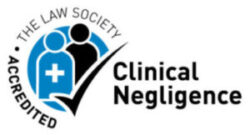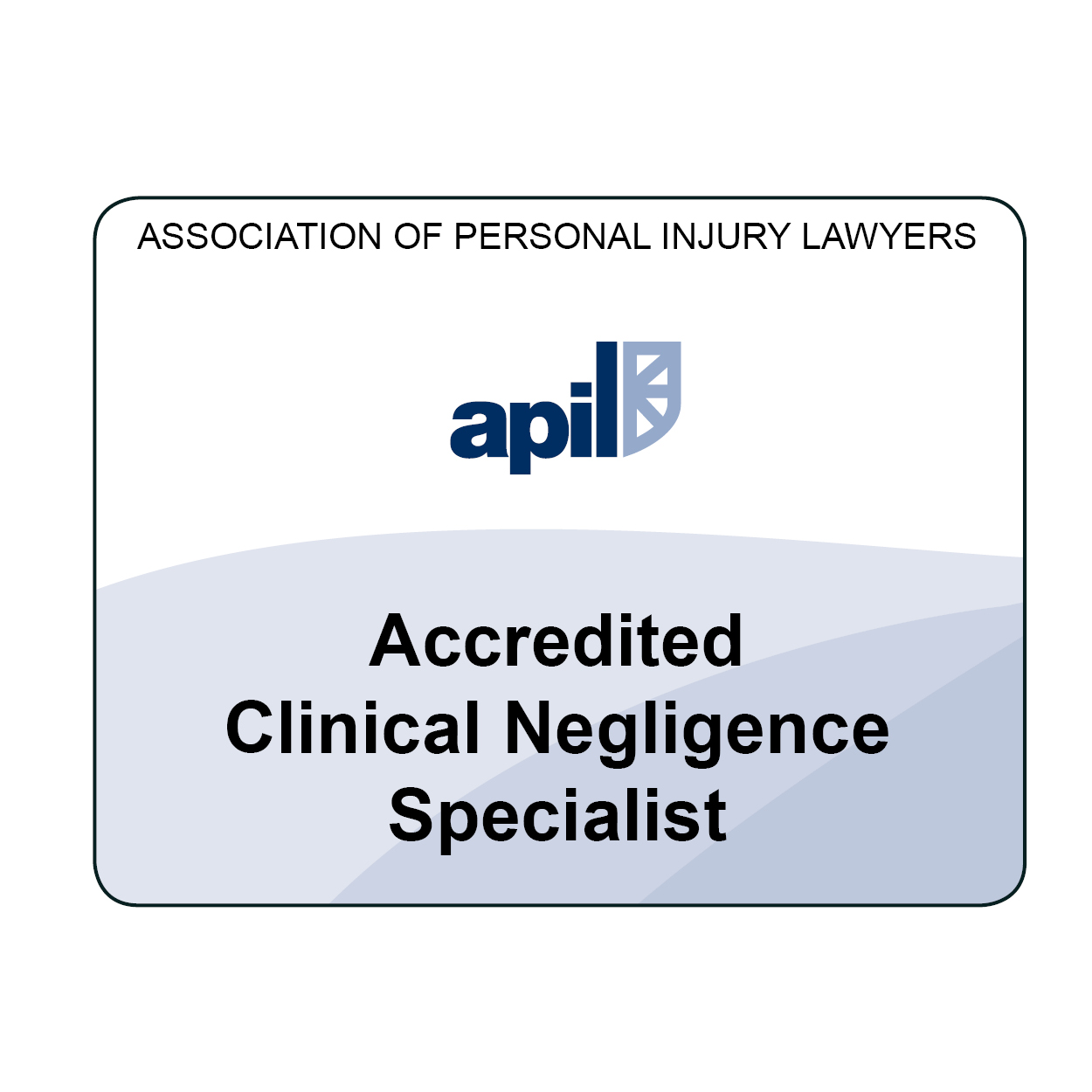
According to recent studies, 10% of people suffer post-traumatic stress disorder (PTSD) after a car accident.
PTSD is a psychiatric disorder that can occur after experiencing or witnessing a life-threatening event such as head and brain injuries, natural disasters or road traffic accidents. People who suffer from PTSD often relive the event through nightmares and flashbacks have trouble sleeping and experience a profound feeling of detachment. PTSD symptoms can last long enough and be severe enough to significantly impair the individual’s ability to go about their daily life.
In general, those who suffer from post-traumatic stress disorder have inferior physical health and a less-positive impression of their overall health than those who are unaffected by PTSD. Post-traumatic stress affects people in different ways, but a common denominating factor among those who suffer from the condition is its tendency to exacerbate common pain conditions such as headaches, which are a common consequence of whiplash sustained in road car accidents.
The severity of the pain experienced by an individual suffering from PTSD can also limit the effectiveness of any psychological treatment. The causal role of chronic pain in the exacerbation of PTSD can be understood as being a reminder of the original trauma and, as such, it is easy to understand why continuing pain will maintain PTSD symptoms long after the initial injury.
What is Post-Traumatic Stress Disorder?
The theoretical explanations of PTSD have become increasingly complex over the last twenty years or so. Medical professionals initially viewed the disorder as a traumatically induced fear condition, but it is now generally viewed as a condition maintained to a great extent by the individual’s appraisal of danger, personal competence and their view of the world around them, as well as their negative emotional responses to loss, pain and suffering.
How Common is PTSD Following Road Traffic Accidents?
A recent study concluded that physical traumas such as rape and sexual assault, childhood neglect and motorbike accidents are the most common causes of post-traumatic stress disorder. Of those involved in car accidents, 13% of consecutive admissions to A & E departments were found to meet the PTSD criteria, while a further 17% were symptomatic but did not meet the full diagnostic criteria. The study, therefore, concluded that 10% of all victims of car accidents suffered from post-traumatic stress disorder, with a substantial number of sub-threshold cases that miss formal diagnostic criteria.
Remission of Post-Traumatic Stress Disorder
While initial assessments suggest that between 25% and 39% of motor vehicle accident survivors meet the criteria for PTSD during the first four months following the accident, rapid remission usually occurs. It has been estimated that between one-half and two-thirds of all PTSD cases remit fully within one year. However, this means that almost 15% of all car accident victims with PTSD still suffer from the symptoms one year on from the accident.
Whiplash Pain, Car Accidents & PTSD
The severity of whiplash pain caused by car accidents is directly related to PTSD symptoms in survivors of car accidents. Road traffic accident survivors with accident-related chronic pain conditions and PTSD often report more severe pain and bouts of depression than chronic pain sufferers without PTSD. In short, those suffering from post-traumatic stress disorders are far more reliant on professional medical care, and patients suffering from traumatically induced pain are very likely to meet the diagnostic criteria for PTSD where the disorder appears to exacerbate complaints of severe pain.
How Physical Pain Exacerbates PTSD
Chronic pain may serve as a prominent reminder of the traumatic event and can therefore contribute to a high state of emotional distress. Recurring pain or slow recovery from physical injury may also serve as a highly salient reminder of resource loss and provide evidence to survivors that they have been permanently changed or disadvantaged as a result of the motor vehicle accident, or are incapable of controlling themselves or their environment.
Does chronic pain adversely affect PTSD? Possibly; the physical status of car accident victims several months post-accident does seem to influence the later development of post-traumatic stress disorder. In an open trial of cognitive behavioural therapy for car accident-related PTSD, it was found that pain severity and disability were prominent factors in how the individual responded to various forms of treatment.
Why does chronic pain have such a strong influence on post-traumatic stress disorder? It could be because an individual’s responses to traumatic events are influenced by their perceived resource loss. These resources can come in a variety of forms, such as financial and social, but also include the resource of physical well-being. To the extent that individuals suffer permanent resource losses, they will obviously be more distressed than those whose losses are temporary or recoverable.
It has also been discovered that psychological distress is exacerbated by the victim’s belief that they have suffered a permanent change. These factors, coupled with the relentless course of ageing and the known unreliability of retrospective memory for physical and emotional symptoms, can lead to some victims of PTSD caused by car accidents remaining psychologically distressed for a considerable period of time.
Compensation for PTSD after a car accident
Victims of car accidents may be able to claim compensation for post-traumatic stress disorder in the same way that they might be entitled to compensation for a physical injury suffered following a car accident.
Jason Brady, Blackwater Law’s PTSD expert, specialises in representing clients in making claims for PTSD compensation and is seeing a rise in the number of car accident victims and non-military related PTSD suffers contacting him for legal advice in relation to making a claim.
If you have been diagnosed with PTSD following a car accident, or believe you demonstrate some of the symptoms, contact Jason Brady for free initial advice. Jason will quickly be able to tell you whether you may be entitled to compensation for your suffering.
PTSD symptoms include:
- Involuntary intrusive thoughts;
- Images, dreams or recollections of the traumatic event;
- Symptoms of physiological hyperarousal (e.g. concentration deficits, sleep disturbance and irritability);
- Frequent attempts to avoid activities, thoughts or emotions that remind the person of the traumatic event; and
- A state of increased general apathy or emotional numbness.
In order for an individual to be considered as having post-traumatic stress disorder, a person must suffer from at least one re-experiencing, three avoidance/numbing and two hyperarousal symptoms. Failure to meet the avoidance/numbing symptom criterion is the most common cause of distressed individuals failing to meet the full criteria for PTSD. These symptoms must have persisted for a period of at least one month and caused significant psychological distress and/or disability. The most common causes of clinical misdiagnosis when dealing with patients suffering from post-traumatic stress include:
- Failing to review patients’ exposure to traumatic events;
- Relying on one recognised symptom (e.g. nightmares) as a so-called ‘cardinal’ symptom of PTSD and therefore not conducting a full and thorough symptomatic review;
- Adhering to a confirmatory bias once a traumatic event (e.g. rape, car accident) has been identified without detailed symptomatic review; and
- Failing to review the extent of related work or social disability associated with post-traumatic stress disorder symptoms.
The first cause of misdiagnosis in the list above often leads to a failure of the medical professional to recognise a genuine case of PTSD, while the latter three errors result in an incorrect diagnosis of post-traumatic stress disorder.






